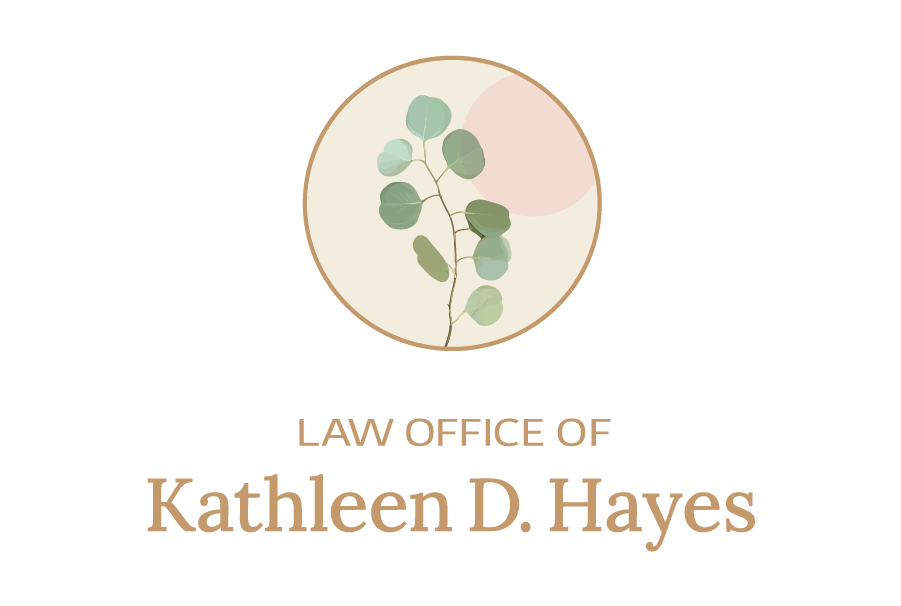Guardianship & Conservatorship in CT
The terms Guardianship and Conservatorship are often stumbling blocks for parents and professionals alike. While individuals are generally familiar with these terms, the question of whether an individual should have a Guardian or Conservator often yields confusion. The intent of this overview is to clearly set forth the main distinctions between Guardianship and Conservatorship. From the outset, it is important to note that in addition to Guardianship and Conservatorship, there are other planning options that may be most appropriate (i.e. Power of Attorney, Advance Healthcare Directive; Supported Decision Making Agreement). The purpose of this blog is to focus narrowly on the differences between Guardianship and Conservatorship.
Guardianship:
When an individual with an intellectual disability (IQ of 69 or below) is under the age of eighteen, his or her parents have the legal authority to care for and make decisions on his or her behalf, as discussed above. However, when the individual turns eighteen, the parents’ authority to make decisions on his or her behalf ceases. If the individual requires continued support and assistance past the age of eighteen, his or her parents (or another interested individual) may apply for Guardianship through the Probate Court in the town where the individual resides. In reviewing the application, the Probate Judge will determine whether the individual requires total support with decisions regarding his/her health and well-being, or whether only limited assistance is needed.
If the individual requires total support, then a Plenary Guardian is appointed. Plenary means full authority to do all of the items associated with the individual’s care and well-being. These items may include decisions regarding residence; educational decisions; decisions pertaining to personal care, comfort, and safety; medical decisions, including whether to have surgery; decisions regarding public benefits/services; etcetera. The Court’s decree will set forth all items that the Guardian is permitted to oversee.
If the individual only requires limited support, then a Limited Guardian is appointed. The Probate Court’s written order (also known as a decree), will outline all the powers that are granted to the Guardian, and those powers that are reserved to the individual with a disability (i.e. Guardian has full authority, except the individual retains the right to make his/her own medical decisions).
In addition to decisions regarding an individual’s personal care and welfare, a Guardian may also request that the Court grant authority to manage the finances of the individual with a disability, provided the individual has less than $10,000.00. This is a relatively new authority for Guardians, as previously, Guardians did not have any right to manage an individual’s finances. If an individual has assets exceeding $10,000.00, then he/she may require a Conservator of Estate, as discussed below.
Conservatorship:
The term Conservator is broken down into two parts: Conservatorship of Person and Conservatorship of Estate. Conservatorship of Person is used to refer to an individual appointed to make decisions related to personal welfare on behalf of an individual with a disability whose IQ is 70 or above. Conservatorship of Person is equivalent to Guardianship of a Person with an Intellectual Disability, with the exception that Conservatorship of Person pertains to individuals with a higher IQ.
The term Conservatorship of Estate refers to an individual appointed to make financial decisions on behalf of an individual whose IQ is 70 or above, OR on behalf of an individual with an intellectual disability who has over $10,000.00.
A. Conservatorship of Person
Conservatorship of Person refers to when an individual is appointed to make decisions related to the personal care and welfare of an individual with an IQ of 70 or above (i.e. Autism; Dementia; Etc.). A Conservatorship proceeding can be either voluntary or involuntary. For a voluntary proceeding, the person with a disability is asking the Court to designate a Conservator to act on his/her behalf. For an involuntary proceeding, someone other than the individual with a disability is asking the Court to appoint a Conservator because the individual with a disability does not have the mental capacity to make this decision for him/herself. For an involuntary proceeding, a physician must complete a medical evaluation stating that the individual does not have capacity.
A Conservator of Person can make decisions regarding a person’s residence; personal care, comfort, and safety; medical decisions, including surgeries, etcetera. The Probate Court’s decree specifically sets forth all of the items the Conservator is permitted to carry out. Those rights/duties not specifically set forth in the decree are retained by the individual.
B. Conservatorship of Estate.
Conservatorship of Estate refers to when an individual is appointed to manage the financial affairs of an individual with an IQ of 70 or above or an individual with an intellectual disability (IQ of 69 or below) whose assets exceed $10,000.00. Like Conservatorship of Person, this proceeding can either be voluntary or involuntary. It is critical that the Conservator of Estate maintain financial data and documentation supporting how the individual’s funds are utilized. The Conservator of Estate is required to report to the Court regarding the use of funds at least once every three years.
Contact us to learn more, and to explore the best option for your personal planning needs.
The information on this website is for general information purposes only. Nothing on this website should be taken as legal advice for any individual case or situation. This information is not intended to create, and receipt or viewing does not constitute, an attorney-client relationship.
